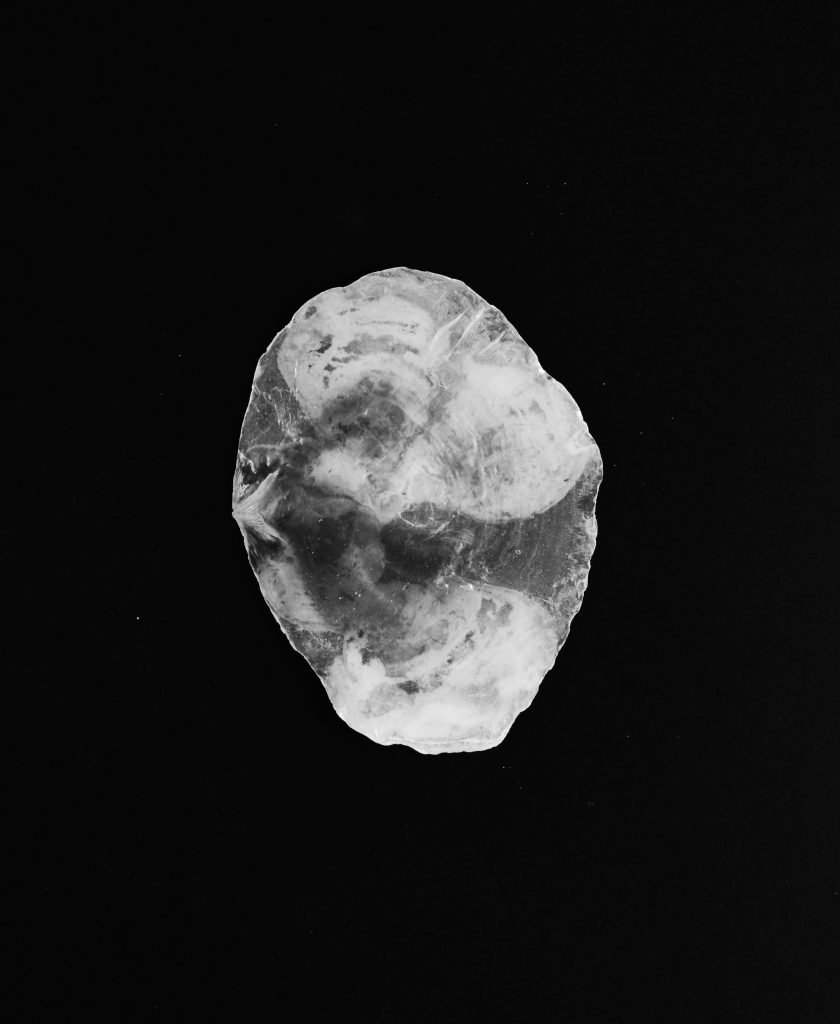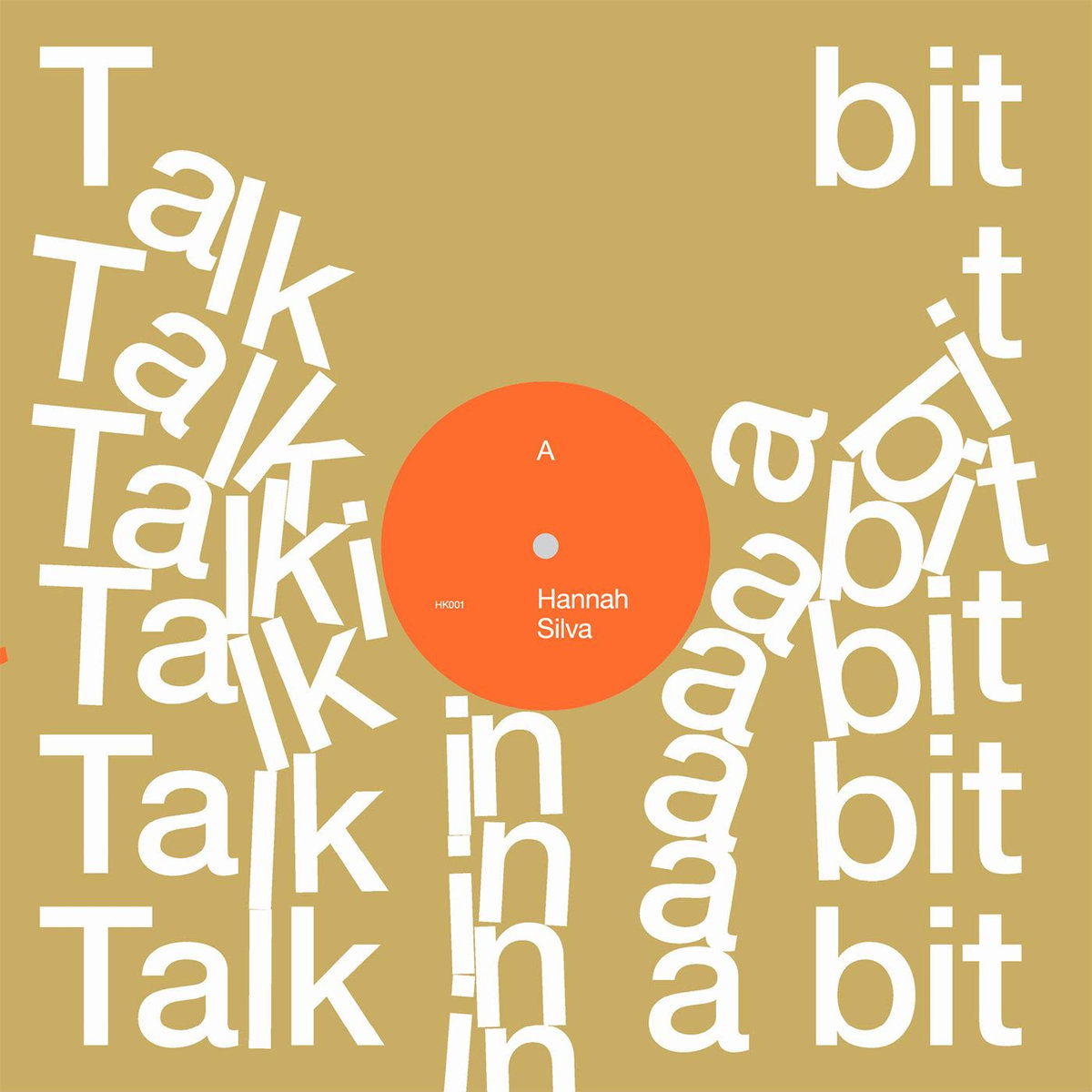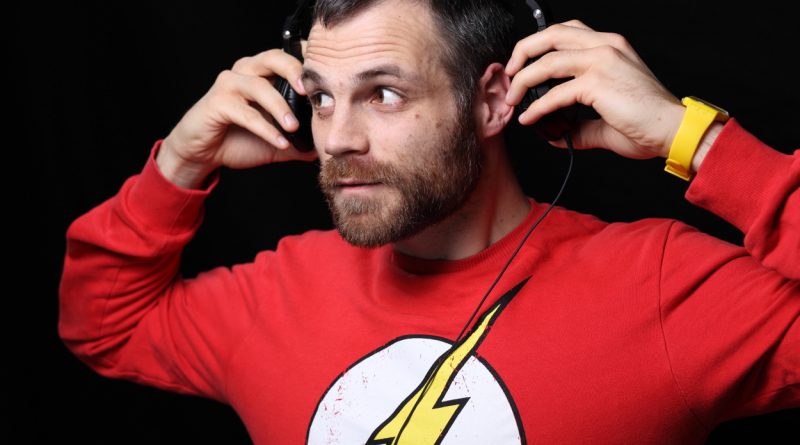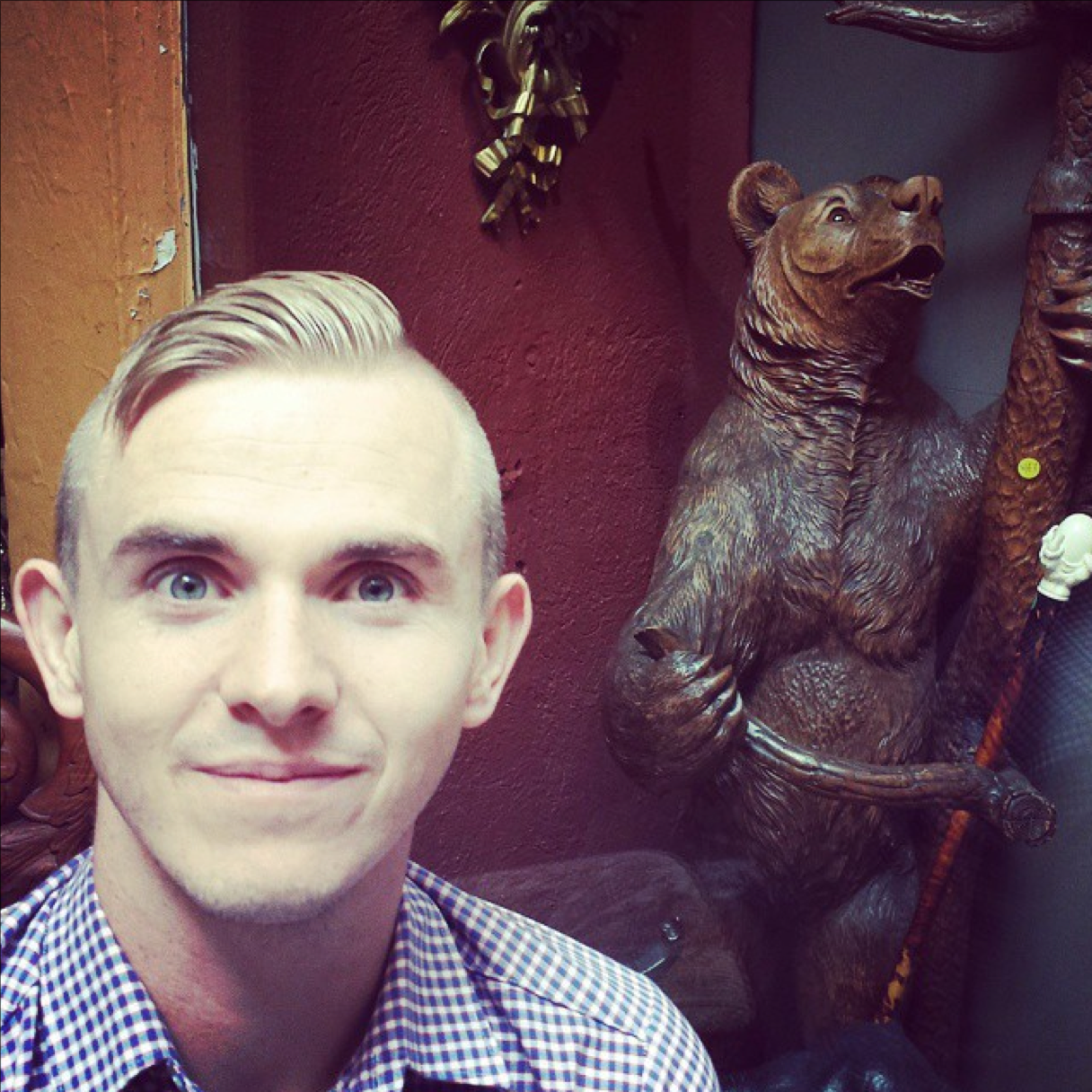“Go, go, go said the bird”: Hannah Silva in conversation with Alan Alpenfelt of Human Kind Records
Go, go, go said the bird: human kind
Cannot bear very much reality.
Time past and time future
What might have been and what has been
Point to one end, which is always present.
– T.S. Eliot, The Four Quartets
Hannah Silva interviews Alan Alpenfelt of Human Kind Records, a new Swiss record label founded to produce poetry and music, spoken word and sound, sound poetry and grooves. Silva is Human Kind’s flagship artist, ‘Talk in a bit’ is released this May.

HS: How did your interest in bringing together words and sound begin?
AA: I’ve been thinking about this quite a lot – I think it comes from the fact that I was born from a Scottish mother and Italian father, but neither were in their native countries, they’ve always been migrants. I was born into different languages. I spoke English with my mum and Italian with my dad – although my dad was Swedish at the time. I’ve always had a nomadic sense of home. I don’t speak any one language well, I speak lots of languages but I can’t say there’s one I feel at home in. Often I want to say something and the words don’t come, they come out in other languages, I say something in the wrong way and words and sentences don’t always mean what I think they do. This home-ness of a language is something I’ve always been missing.
This home-ness of a language is something I’ve always been missing. Share on XIs it this search for a home within language that attracts you to poetry?
When I would read poetry I was always a bit scared by it. I always thought it was something extremely deep. I felt a kind of attraction towards it. An attraction towards something I don’t understand completely. I felt maybe that’s where I could find a home inside language. Poetry is something I experience not by logic but by an intuitive understanding. I feel this is something really beautiful but I don’t grasp it entirely. For example T.S. Eliot, he’s one of those authors, sometimes I open it and read and try to understand it, and I don’t completely, but I love it, I enjoy it more than something that I read and understand. I’m living inside some kind of waters that I feel at home with in poetry but I don’t completely understand – which is also how I experience my reality in the world.
Does music function as a more understandable language or is it a similar experience?
The same thing happens with music. I’ve always been attracted to music. Not to image, to visual things because the visual, TV and film, it gives me everything. You see it, you listen to it, it’s on a silver plate, fine. For me music has always been something you dive into and it makes images in your head, I can make my own images, it pushes my imagination, like poetry. I don’t completely understand either but I feel at home in them.

When did you start working for a record label?
I’ve lived nearly all my life in the German speaking part of Switzerland. Switzerland is complicated because we have four languages, but we all speak English together when we have to communicate. It’s strange I’ve ended up here, it’s perfect but confusing. We went down to the Italian speaking part. I’ve always been attracted to independent, underground culture, experimental stuff. I found out about the record label Pulver und Asche. I asked if they needed a hand. They were the only experimental records that were being made in that region. As the music is so difficult to understand immediately, what Pulver und Asche did was produce very beautiful graphics, covers and illustrations, they were adding that value to it. You get the record but also something beautiful to look at, conceptually strong with the content.
I’ve always been very interested in radio – music, poetry, radio, I like everything that hasn’t got a clear image and moves something inside. I started reading Samuel Beckett’s radio plays and I decided to stage one, which was Words and Music. That was my first work or experiment in which I put together music and poetry. It’s a very poetic text. We staged it and it was selected at the Geneva Swiss Theatre Encounter, they select the seven best shows in Switzerland. I started to work more and more with these two worlds and began to merge them. I would hear sound poetry sometimes, for instance on BBC Radio 3’s Late Junction, and there’s the 1920s futurist experimentations, and Beckett. My antennas have always gone “zzzz”! I just find it extremely interesting, you can’t understand immediately in the moment but it whirls around you in a certain way, it whirls around you, it’s an intuition, a feeling.
What prompted you to start Human Kind Records?
I could never find anything to buy, to have a CD of that kind of stuff. Or if there was something it was one track on the whole CD. I was thinking it’d be great if there was a label, something that would be able to distribute, create physical memory of this kind of art, a very special, rare kind of art. I would say a very courageous kind of art. I talked to the guys from Pulver Und Asche. They were enthusiastic but we said let’s do something separate, specific and niche. I started looking for the name, I think it’s in Four Quartets by T.S. Eliot, there’s a passage in which he talks about human kind… it’s interesting what it says. I thought fantastic! Human Kind Records, it’s about language, language as something that starts reality. When you say it you create it. For example at the moment I’m working on Elfriede Jelinek, this Austrian Nobel Prize winner. She works a lot with what language brings with it from the past, how it needs to be deconstructed and reconstructed, because it’s got so much history in it. Especially the German language. I’ll give an example. My dad, if he heard someone shouting ‘dog’ in German – ‘Hund!’ – It was like a knife went through him. He went through concentration camps, the word dog, ‘hund’, for him was full of something else, not ‘dog’. If language is what defines how we think, the world, reality, it works well with the name Human Kind. And spoken language is about sound, that’s the connection with music and there we have it… The record is a way to physically print memory.
Human Kind Records, it’s about language, language as something that starts reality. When you say it you create it. Share on XIf poets or musicians in the UK are interested in talking to you about making a record, how should they do that? What are you looking for next?
Usually an artist goes to a record label with the mix ready, they give them the master, it goes on the record label and off it goes, they sell it. But I’m more interested in following the artist, collaborating a bit more on the production. It’s not going to be something that throws out twenty records a year. The selection will be very specific so that there’s a dialogue between the artists and myself, the artists and the label. The process will start before, a bit like we did. I’m also interested in producing. Some poetry can stand on its own but the interesting thing is to find the right instruments and music to dialogue with it. Also if poets and sound poets are looking to produce a record and they’ve already got material of course that’s good too, we can think of the best output. There’s so many different ways, from digital to LPs, the cassette is interesting, it might not be commercially strong, but every message should have its correct format. And I don’t have any borders for language. I’m interested in exploring a lot of different kind of languages, also forgotten languages, dialects. I like it when two or three languages come in. I’m interested in collaboration between different arts.

That’s what was exciting for me about working with you. I’d known for years I wanted to collaborate with musicians and that could push me further than what I was doing alone but I hadn’t found the people. You got the people together, across countries, so we could find a way to communicate on that threshold between music and poetry, on a threshold between languages too, on the Swiss-Italian border. It’s interesting what you say about grasping poetry intuitively, because I don’t remember talking much about the work, but then when I met the musicians and we started working I realised how perfectly you understood what I was doing and what my work needed.
I contacted you as I was interested in what you were explaining about language and your work in the article for the Wire. Julian Sartorius came to mind immediately because I knew what he did. There could be thousands you could collaborate with and something else would come out. That’s the interesting thing, in another production, perhaps you’d collaborate with another instrument or with Tomomi Adachi for example, there’s so many different kinds of outputs. That’s why it’s interesting to have someone who can produce, discuss, find solutions. I have to say there’s a lot of interest going around about the idea of creating records for poets and sound poetry. It’s something quite rare and courageous, but then the world of poetry and music is so vast. I’m sure for a lot of poets it’s going to go like ‘ding!’
Even though it’s experimental, niche work, actually when you’re making something that can be put out globally that niche becomes quite big, there’s a niche in every country for this work, if you can reach those small radio stations…
Or even big… It’s very different to hip hop, the kind of, what do we call it, hip hop Kate Tempest thing which I find beautiful, I saw her live, but it’s very different. The rhythm is very straight – dum dum dum dum.
So you’re not looking for hip hop poets?
Not unless they want to do that step further, go somewhere where you step out of the straight four four beat, and let the language take the lead, then that becomes interesting, when it breaks up and the music can come into it. That’s when the mix starts. I feel like it’s researching, not just putting out records and that’s it, finished, it’s a research project.
It starts from a niche but the potential with this record label and this kind of very curious art, is it can go everywhere, and language is not a barrier anymore, it overcomes the barrier of a language, finding rhythm in language and phonemes, that’s what captures our imagination before understanding. That’s what Human Kind Records will be looking for.
Human Kind Records’ first album ‘Talk in a bit’ by Hannah Silva, with musicians Julian Sartorius, Luca Martegano and Zeno Gabaglio this May. Touring: 9th May: Café OTO, 10th May: Canada Water Theatre (The Albany), 11th May: Norwich Arts Centre, 15th May: The Basement, York. http://bandcamp.humankindrecords.com





